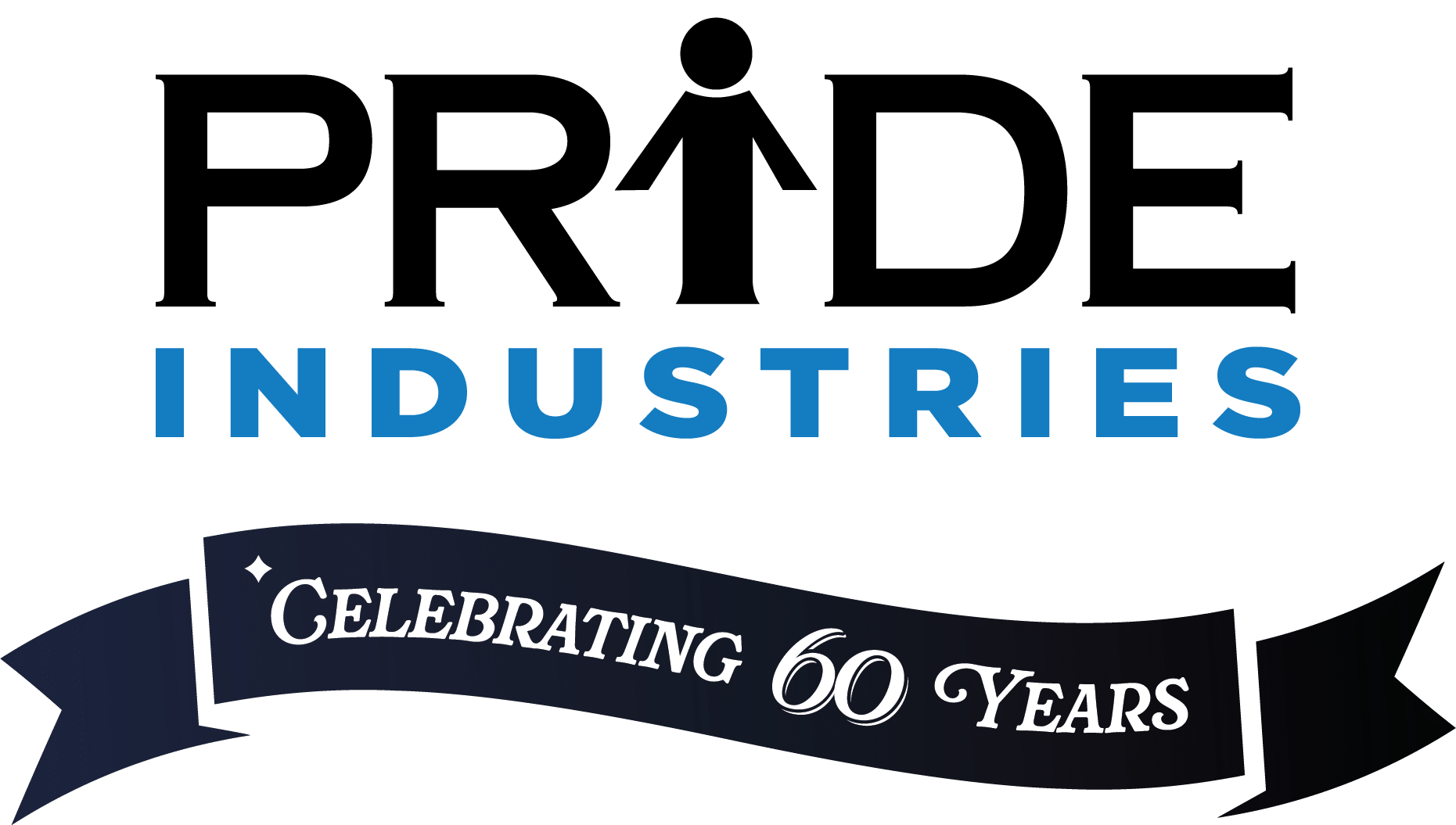The third-party logistics (3PL) business—the practice of outsourcing all or part of warehousing, inventory management, shipping, receiving, picking, and packing, kitting, and reverse logistics (returns)—is booming.
According to Market Research Future (MRF) the global 3PL market is projected to double in just seven years, growing from $1 trillion in 2021 to nearly $2 trillion in 2028—a clear sign of how many companies are turning to this valuable service. While less than half (46 percent) of Fortune 500 companies operating in the United States had a 3PL partner two decades ago, now a staggering 90 percent of those companies utilize these services, according to supply chain consultancy Armstrong and Associates. As companies compete to deliver products as efficiently as possible, the growth of third-party logistics will likely continue.
Ten Benefits 3PL
1. Cost Savings
There are multiple ways a 3PL partner can save you money. One way is by reducing shipping costs through shared transportation services; your third-party partner can negotiate volume discounts by combining the shipping needs of various suppliers and manufacturers. Another way to save is on capital outlay. When companies try to do everything in house, they incur a fixed cost for equipment and infrastructure, irrespective of volume. However, with a 3PL partner, the cost of transaction processing generally tracks with the volume processed—if volume drops, so do transaction costs. Another area where a third-party partner can save you money is in labor costs. The right partner can attract and retain the best people all year round. This means your company always has access to skilled labor, and you only pay for that labor when you need it.2. Scalability
While less than half (46 percent) of Fortune 500 companies operating in the United States had a third-party logistics (3PL) partner two decades ago, now a staggering 90 percent of those companies utilize these services.

New product launches, recalls, and market changes are a few of the reasons that demand for a product can fluctuate. Growth is often unexpected. When you lease warehouse space independently, there’s always the risk of running out of room—or just as bad—paying for empty shelf space “just in case.” A third-party partner offers the ability to adapt to change quickly and easily, without the need for significant investment in infrastructure or labor. This flexibility can be especially beneficial if your product is seasonal or if demand for it naturally ebbs and flows.
3. Inventory Management
An experienced third-party partner will use demand planning to keep track of multiple important factors—such as lead times, historical data, market trends, and even external factors like oil prices and the weather—to help you react in real time. Your partner will then combine that planning process with their robust supply chain connections to make sure your product is available and ready to be delivered at the right time to your customers.
4. Focus on Core Competencies
It’s hard to focus on innovation if you’re plagued with shipping woes and packaging nightmares. If your employees are spending countless hours sourcing raw materials, product development may become less of a priority. Using an external partner frees your company focus on its core competencies and leave the logistics details to someone else. Focusing on what you do best, such as R&D and product innovation, can lead to increased productivity—as well as less stress and hassle for all involved.
5. Expertise and Industry Knowledge
The right 3PL partner will understand your industry, have all necessary certifications and registrations, have access to the latest technology, and implement industry best practices. For example, aerospace companies with federal contracts require a third-party partner with ITAR-registration and strict adherence to NIST standards. Medical device manufacturers, for example, have little room for error. Therefore, they benefit most from a partner with expert technicians who know how to eliminate defects using the latest in automated optical inspection (AOI) and 2D/3D X-ray technology. And a microelectronics company needs a partner with ESD flooring, to protect electronics from static electricity. Whatever your industry, the right partner, working with the right tools, can make sure your products get to your customers on time and in optimal working order.
6. Decreased Supply Chain Risk
The right supply chain services partner will know how to source quality parts and materials at a competitive price. In fact, the right partner can often show you how to swap custom parts for readily available standard components, reducing your supply chain risk. During the pandemic, for example, the ability to switch to a comparable component when the original was suddenly unavailable often meant the difference between bankruptcy and staying in business. And though the supply chain has improved considerably since then, disruptions persist, making this service just as critical as ever.
7. Increased Supply Chain Efficiency

A good 3PL partner will also know how to increase your supply chain efficiency. For example, a savvy partner will evaluate your supply chain and help you decide where automation will—and will not—add efficiency and cost savings. The right technology can track where your finished product is in transit, when the customer receives it, and in what condition it was received. New IIoT technology can also provide real-time tracking with notifications to all stakeholders across the supply chain.
8. Testing and Inspection Protocols
Electronics products—such as aerospace technologies, medical devices, and consumer gadgets—are subject to stringent regulations and quality standards. A strong 3PL partner will have the needed certifications, registrations, inspections, and testing procedures in place for these sensitive products. A partner who knows what tests need to be performed—and when—will save everyone time, money, and hassle. For example, the right partner knows to inspect a solder paste print before the assembly is soldered in the reflow oven. Likewise, an experienced partner should have SMTA-Certified SMT Process Engineers in-house to ensure best-in-class manufacturing.
9. Sustainability
Once your product reaches the end of its life, what can you do? More and more customers are now holding manufacturers accountable for disposing of unneeded materials in a way that is friendly to our planet. Fortunately, the right third party partner can help with recycling or refurbishment—helping you meet your sustainability goals. And the end of a product’s life isn’t the only time a 3PL partner can help you reach these targets. An expert third-party logistics team can also help you design a product that’s easily recycled at the end of its life, so that its components can be sold in the secondary market, creating another revenue stream for your company.
10. Returns and Reverse Logistics
Even the best company will need to deal with returns, i.e., have a plan for reverse logistics. Just as it sounds, reverse logistics is the process of returning goods back to their point of origin. The treatment of a returned product, however, can vary depending on circumstances. For example, if products must be returned due to a recall, there are required processes for alerting customers as well as receiving the products. Likewise, you need a plan for any recalled products that have not yet shipped.
You also need a plan for products returned for other reasons, such as repair or end-of-life support. A 3PL partner that is familiar with proper IT Asset Disposition (ITAD) is especially important. To keep critical company data protected, disposing of sensitive IT devices requires more than simply recycling. The right partner will know how to first “wipe” the equipment and remove all asset tags—ensuring that no proprietary data can be leaked and that the devices can no longer be tied back to your organization.
Choosing a 3PL Partner Wisely
Developing a long-term relationship with a reliable third-party logistics provider can yield benefits for decades. A product may be selling nicely, and then you run into production difficulties and need a more agile supply chain. Or a custom part may be out of stock and unavailable for an extended period, and you suddenly need a more available replacement. These are examples when a resourceful, experienced 3PL partner can be invaluable. When searching for a 3PL partner, be sure to choose one that can provide a wide range of services and high-quality assistance.
